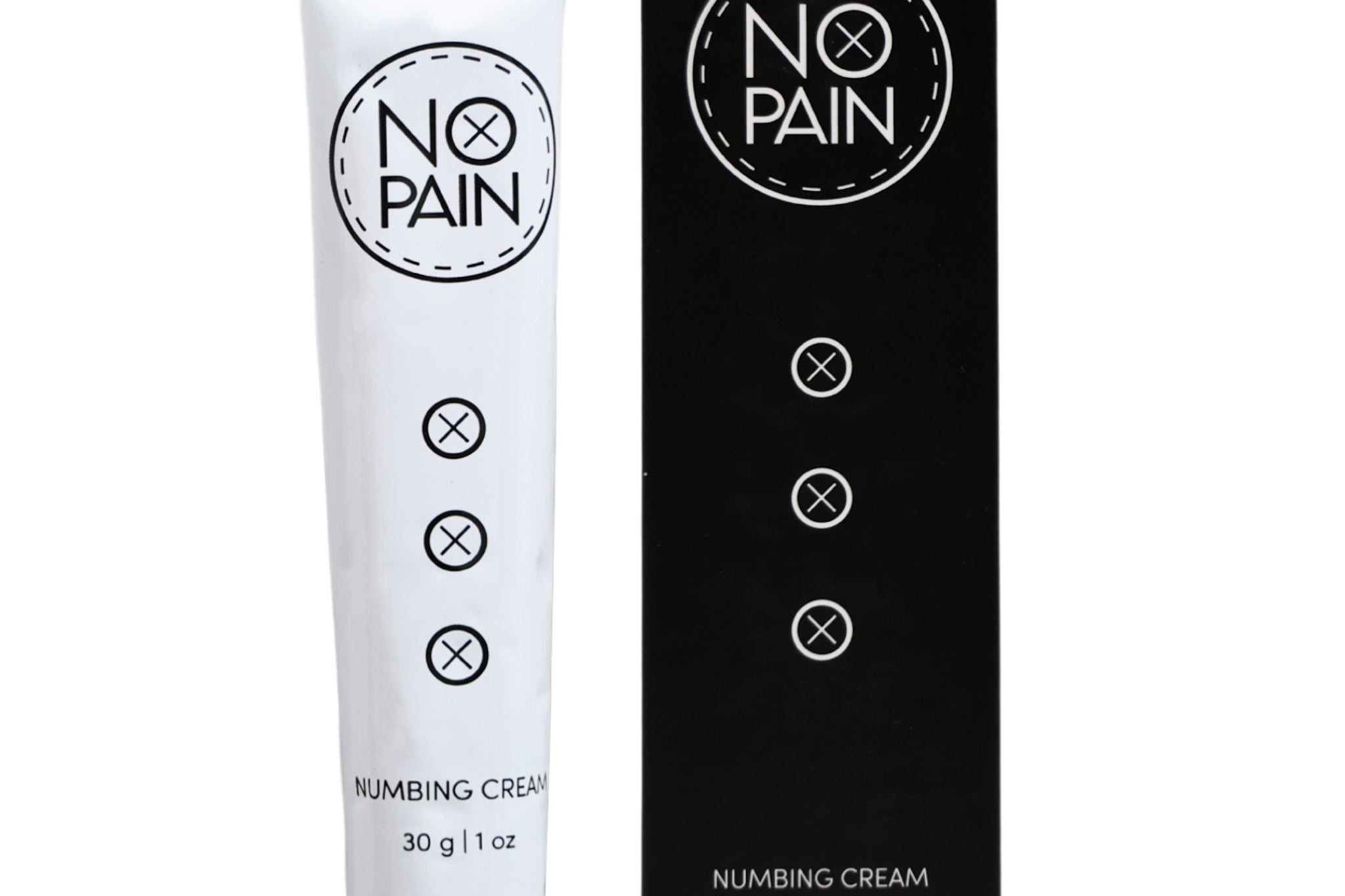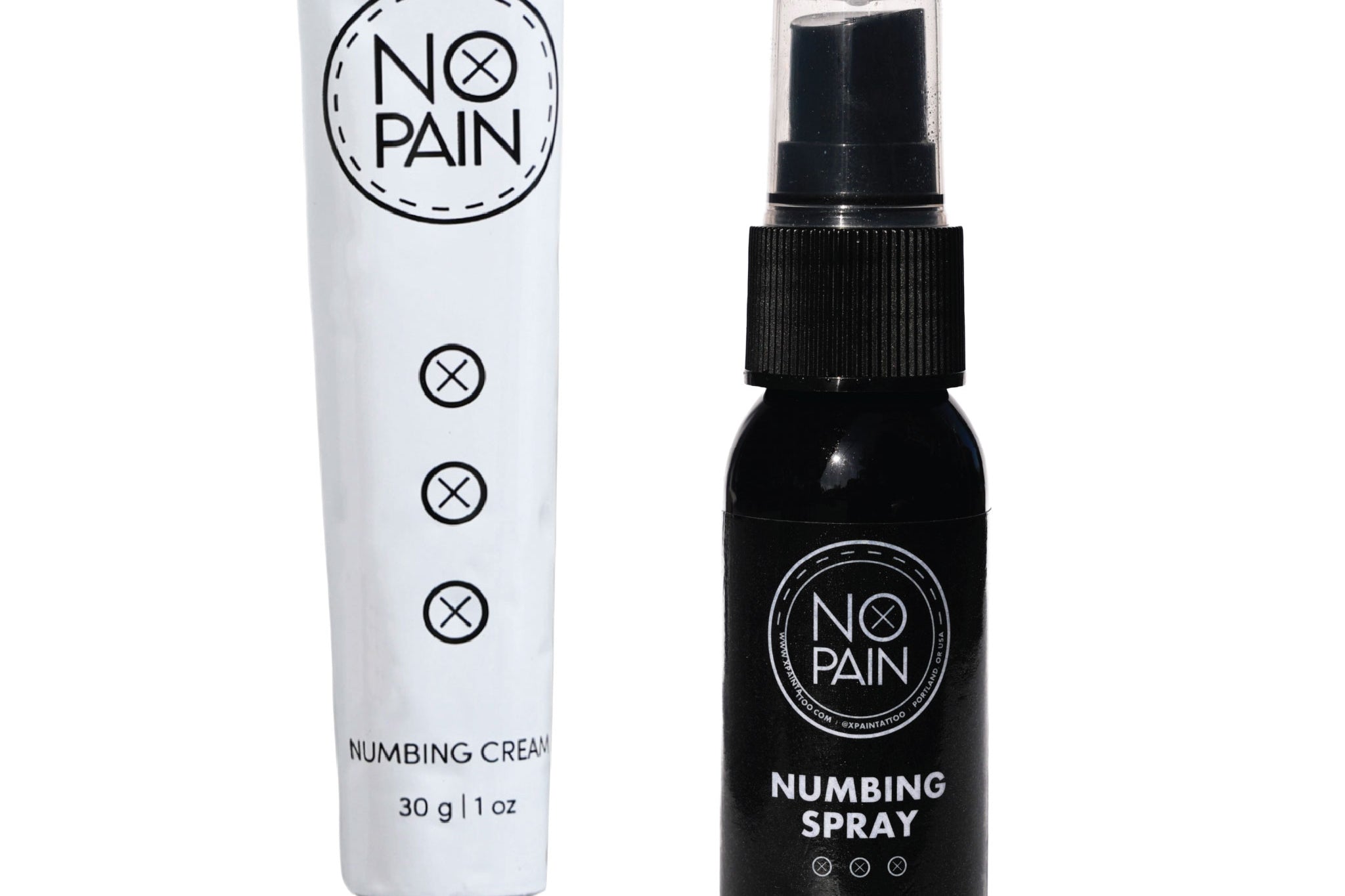For someone with a known skin allergy, like eczema (atopic dermatitis) or a sensitivity to certain metals or fragrances, the decision to get a tattoo comes with a layer of complexity. You're not just worried about the usual questions like "how bad do tattoos hurt?"; you have a more serious concern: "Will the tattoo make my skin allergy worse?"
The answer is yes, it absolutely can. The process of getting a tattoo is a significant trauma to the skin, and for someone with a pre-existing allergy, it can be a major trigger. But this does not mean you can't get a tattoo. It simply means you must approach the process with a higher level of preparation and a flawless aftercare strategy.
This is your complete guide to understanding how tattoos can interact with skin allergies and how to get inked safely.
Disclaimer: This guide is not a substitute for professional medical advice. You must consult with your dermatologist before getting a tattoo if you have a known skin allergy or condition.
The #1 Risk: Triggering the Koebner Phenomenon
The primary way a tattoo can aggravate a skin allergy is through something called the Koebner phenomenon. This is when a new flare-up of a skin condition (like eczema or psoriasis) appears on a previously unaffected area of skin following an injury. A tattoo is an intentional injury.
This means that the act of getting tattooed can cause a new, itchy, and inflamed patch of your specific allergy to erupt directly on top of your new art. This can make the tattoo healing stages incredibly difficult and can negatively affect the final look of your tattoo.
How Tattoos Can Aggravate Your Allergy
-
The Trauma Itself: The repetitive motion of the tattoo needles creates a significant inflammatory response. For someone with an overactive immune system (the root of most allergies), this response can be much more severe and prolonged.
-
The Ink: While less common with modern, high-quality inks, some pigments can contain trace amounts of metals like nickel or cobalt, which are common allergens. If you have a known metal allergy, this is a critical conversation to have with your artist.
Your Safety Checklist: How to Get Tattooed with a Skin Allergy
1. Consult Your Doctor or Dermatologist First.
This is a non-negotiable first step. They can help you get your skin condition into a calm, stable state and advise you on the personal risks involved.
2. Find an Experienced, Understanding Artist.
You must find a professional artist and be completely transparent about your allergies during the tattoo consultation. A true professional will take this seriously and may suggest a patch test.
3. Do a Patch Test.
This is the best way to preview how your skin will react. Ask your artist to tattoo a few small, discreet dots on your skin. Wait a full 4-6 weeks to see what a healing tattoo looks like on your skin. If it heals cleanly without triggering a flare-up, you can proceed with more confidence.
Aftercare is Your Most Powerful Tool
For allergy-prone skin, how to care for a new tattoo is the most critical factor for success. Your aftercare must be exceptionally gentle, hypoallergenic, and focused on calming inflammation. A bad reaction to a harsh soap or lotion can easily be mistaken for a tattoo-related crisis.
-
Gentle, Hypoallergenic Cleansing: You cannot use cleansers with fragrances or harsh chemicals. Our No Pain Tattoo Cleansing Foam is specifically designed to be gentle enough for the most sensitive skin.
-
Soothe the Inevitable Inflammation: Your skin will be more red and your sore tattoo will likely feel more intense. Our No Pain Tattoo Soothing Gel is the perfect tool for the first few days. Its primary job is to fight inflammation and calm angry skin, which is essential for preventing a flare-up.
-
Pure, Breathable Moisture: Our No Pain Tattoo Aftercare Balm provides the critical hydration your skin needs, but is free from the common irritants and allergens found in many standard lotions.
A complete, professional system like our No Pain Tattoo Aftercare Bundle is the safest and most reliable way to navigate the difficult healing process.
The Verdict: Getting a tattoo can absolutely aggravate a pre-existing skin allergy. However, by taking every precaution, working with medical and tattoo professionals, and using a flawless, hypoallergenic aftercare routine, you can create the best possible conditions for a safe and beautiful outcome.




